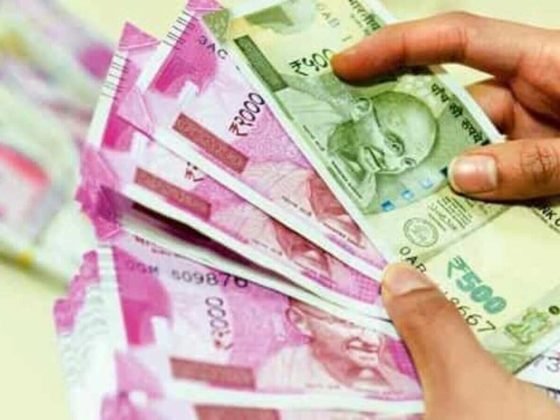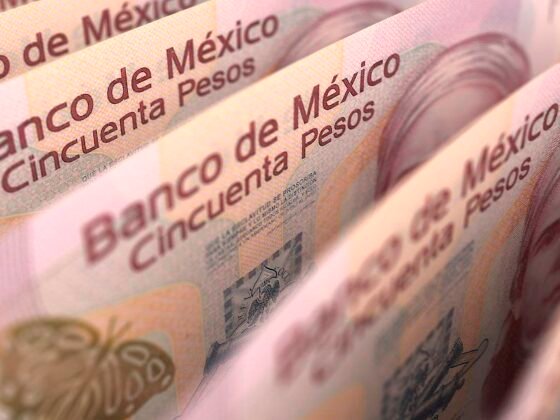
Activists planned rallies and marches to celebrate International Women’s Day on Wednesday while governments in several countries promised action to help improve the lot of half the world’s population.
Canada repealed historic indecency and anti-abortion laws, Japan said more needed to be done to change attitudes about gender and Ireland announced a referendum in November to remove outmoded references to women in the constitution.
Marches and other events were planned in Paris, Beirut, Baghdad, Karachi, Istanbul and Singapore, among other cities.
International Women’s Day has its roots in the U.S. socialist and labour movements of the early 20th century when many women were fighting for better working conditions and the right to vote.
More than a century later, women celebrate their achievements and draw attention to far-from-finished efforts to improve rights.
“We are women, and so many of our rights today are unfulfilled by the government and the country,” labour activist Yuli Indriani told a rally of about 50 women gathered in heavy rain in the Indonesian capital, Jakarta.
She also criticised the private sector for shirking their responsibilities to women workers.
Italy’s first woman prime minister, Giorgia Meloni, also focused on the role of women in the economy saying state-controlled companies should have at least one female leader.
But Italy’s celebrations to mark the day risk being spoiled by a drought that has slashed production of yellow mimosa flowers, traditionally given on the occasion.
In Japan, which ranked 116 out of 146 countries on gender parity in a World Economic Forum global report last year, chief cabinet secretary Hirokazu Matsuno told a news conference that progress had been made on improving working conditions for women but more had to be done.
“The situation for women, who are trying to balance household and workplace responsibilities, is quite difficult in our country and has been noted as an issue,” he said. “Measures to tackle this are still just halfway complete.”
In Russia, where International Women’s Day is one of the most celebrated public holidays, the head of its upper house of parliament used the occasion to launch a vehement attack on sexual minorities and liberal values promoted by the West.
“Men and women are the biological, social and cultural backbones of communities,” Valentina Matviyenko, considered Russia’s most powerful woman, wrote in a blog on the Federation Council’s web site.
“Therefore, there are no dangerous gender games in our country and never will be. Let us leave it to the West to conduct this dangerous experiment on itself.”











